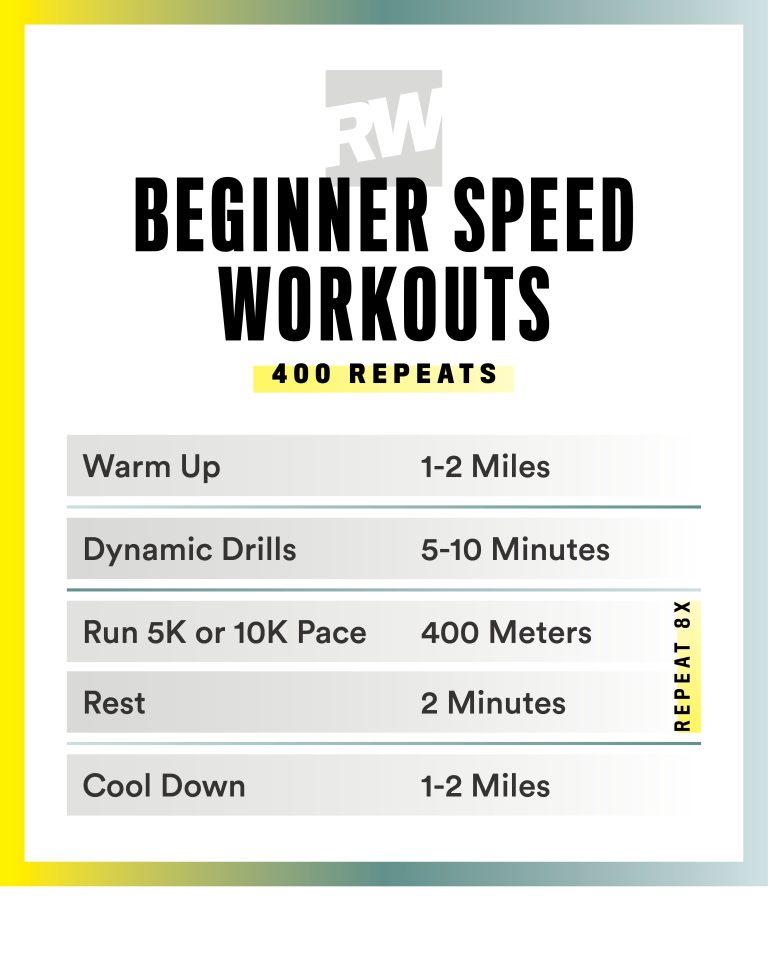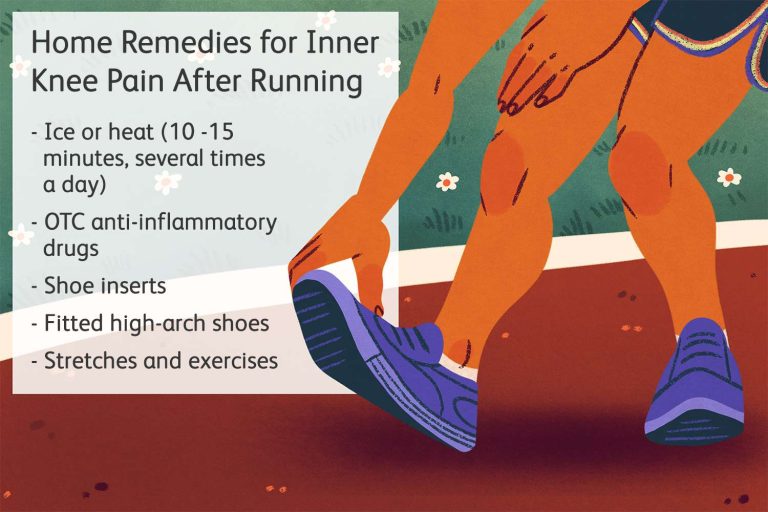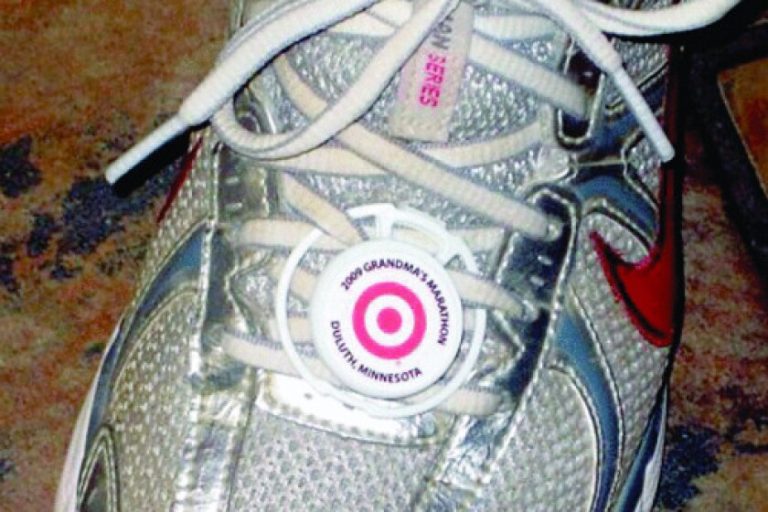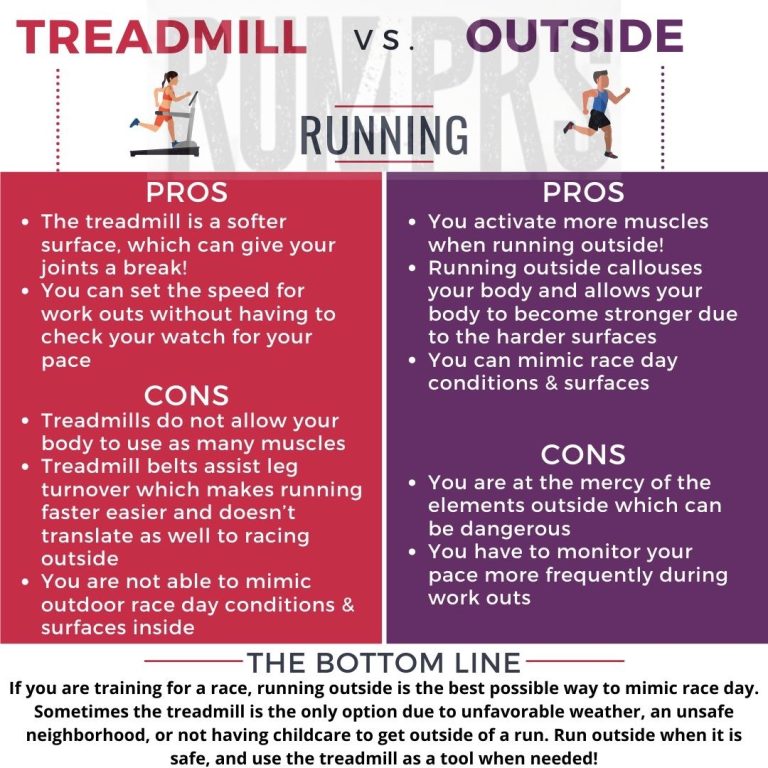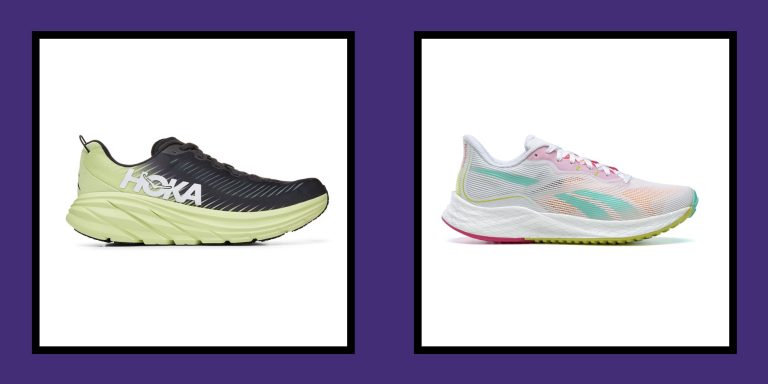Speed Workouts For Beginning Runners
For beginning runners, incorporating speed workouts like intervals and tempo runs can help improve performance quickly. These structured workouts build endurance, speed, and mental toughness, setting a strong foundation for continued progress in running. By integrating these types of speed workouts into a training plan, new runners can gradually increase their pace and distance while…

